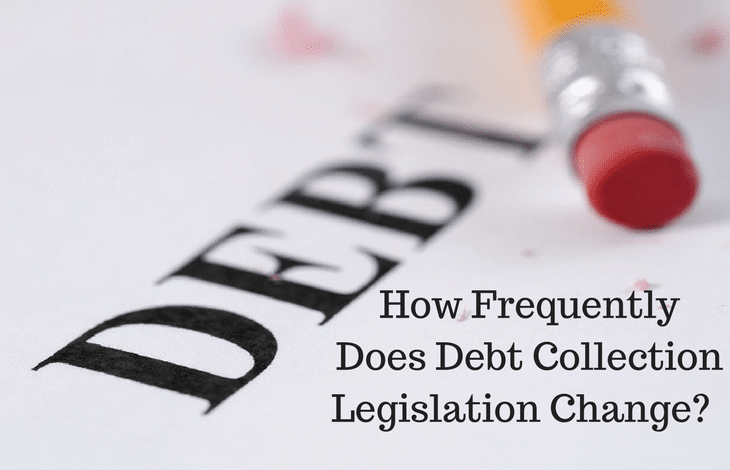
In general, legislation on any matter doesn’t change unless there’s some catastrophe that requires the situation to be adjusted. Lawmakers can be prompted or petitioned to tweak, revise, or repeal certain legal arrangements, but for the most part, finance laws remain consistent. It helps to make yourself familiar with some of these laws.
If you’re a business that’s planning to hire a debt collection agency, it’s in your best interest to review legal requirements and check whether your chosen agency abides by them. Unfortunately, some collection agencies are use practices that are barely above thuggery.
Did you know, for example, that Australian law restricts the number of times a collector can contact a debtor? Legally, a collection agency can’t call or mail a customer more than three times a week? The permissible total is ten times every month.
On weekdays, these phone calls must be between 7.30 a.m. and 9.00 p.m., while on the weekends, the law allows debtors to sleep in until at least 9.00 a.m. before you can pester them with phone calls. And if a debt collector needs to visit a debtor in person, it must be done between 9.00 a.m. and 9.oo p.m.
No phone calls or visits allowed on public holidays. After all, even debtors deserve a day off. Physical visits are the last resort, and creditors are advised to avoid visiting a debtor at home unless they have asked for a home visit or agreed to one. This also applies to visits at work or pre-arranged locations. Ambushing a debtor is illegal and can be viewed as harassment.
Debt collection agencies are never allowed to coerce, harass, or bully debtors. The agency probably has access to the debtor’s personal details, but they must never discuss or otherwise disseminate this information. Debtors have as much right to privacy as anyone else.
Ethical debt collection practices include getting in touch with a debtor to find out whether they have valid reasons for not paying. Debt collectors can also call, mail, or meet debtors to request payment, extend deadlines, or arrange new payment terms. If the debt collector has a legal sanction, they can visit to inspect goods that have been mortgaged to cover the debt.
The law also prevents debt collection agencies from physically assaulting debtors, taking advantage of a debtor’s vulnerability in any way, or tricking the debtor into making a misleading decision. Creditors can’t legally bully or mislead their debtors.
There are instances where debt collection legislature has been amended. For example, the recession in the US created a big shift in that country’s approach to debt collection. With so many customers defaulting on their mortgages and credit cards, agencies took a more customer-centred approach to debt collection.
Agencies realised that many defaulters simply couldn’t keep up, so rather than taking a hostile, unproductive approach, they began to work with defaulters to figure out viable payment options. This way, debtors were more positive towards their creditors, and therefore more willing to try and pay off what they owed.
Many creditors in the US also stopped their habit of harassing neighbors and family friends in an attempt to find the debtor. Agencies that still use such practices are seen as unprofessional scammers and business are advised to avoid hiring them for debt collection.
American banks that use collection agencies began to keep a closer eye on the debt collectors they hired. They realized that while unscrupulous practices may well get their money back, these practices affected customer perception, which cost the banks business in the long run.
In the US, there is a rampant practice of selling bad debt. In the past, it was done without much thought and often left debtors in a risky position. After the recession, banks and other businesses did more vetting before they chose a debt buyer.
Federal law made it difficult to sell debt without proper documentation, so businesses became much more careful about getting papers in order, and many stopped selling debt altogether. Other laws limit debt collectors’ ability to sue a debtor, while others prevent businesses from selling a debtor who has declared bankruptcy.
During the recession, many creditors began to show transparency. They had to make it clear to debtor how much they owed, how much they had paid, and what was left to recover. This made debtors more positive toward their collection agencies. While it’s not a requirement by law, it is still widely practiced and is currently being lobbied for official legislation.
As a business person or business entity seeking a debt collector, or as an individual or business that owes money, it’s important to be familiar with legal mandates. Make sure you work with a professional agency that follows the law. And if you experience any form of harassment, please report it to the right authorities.





